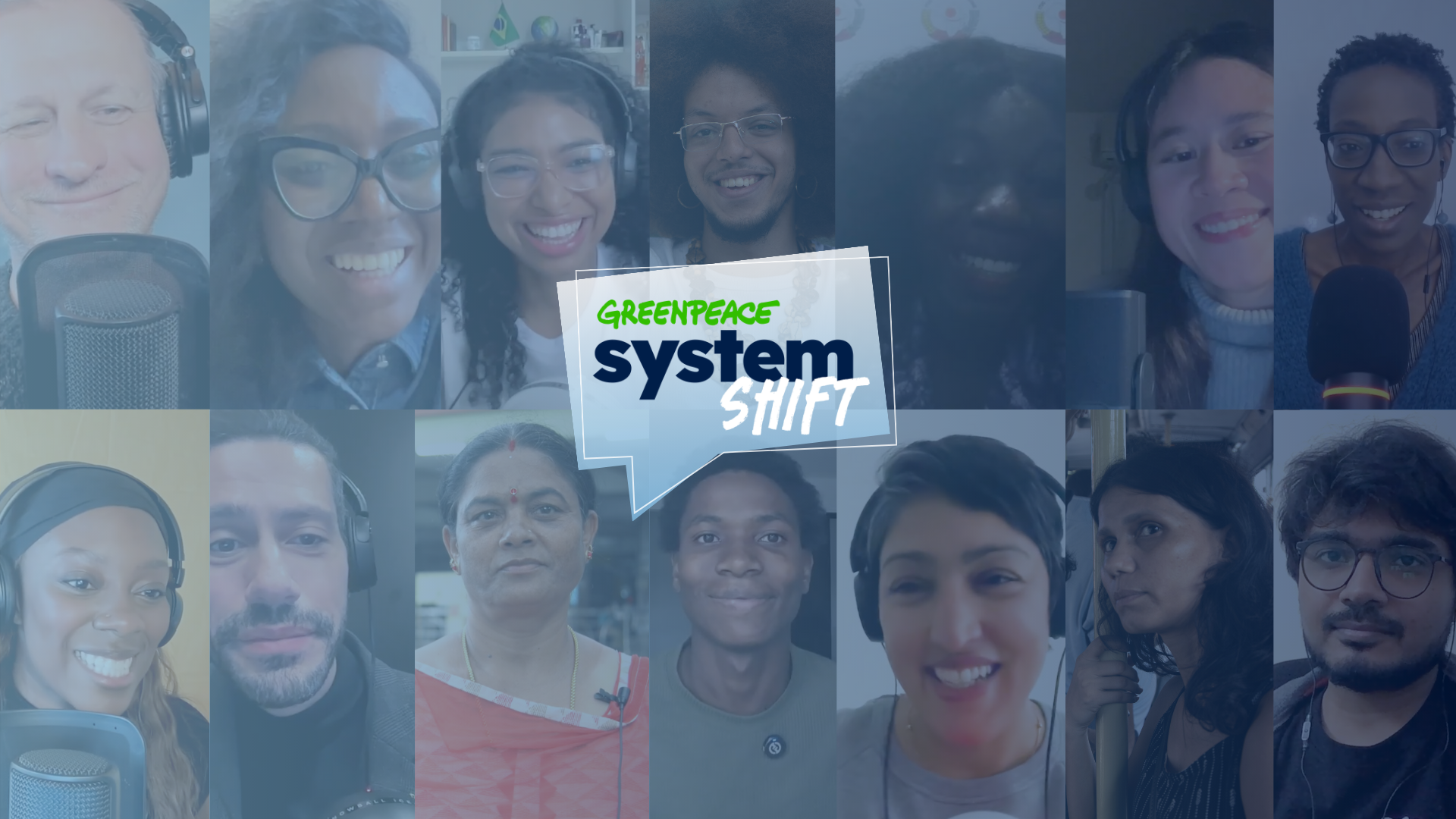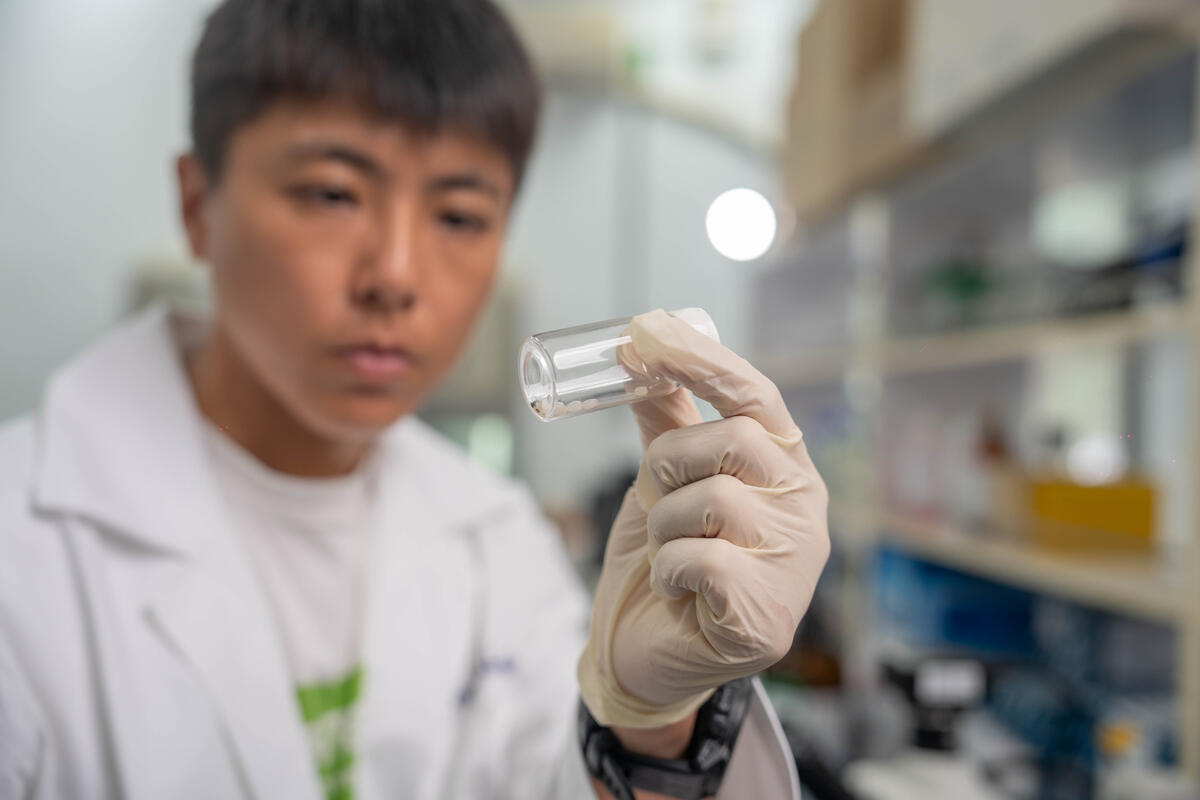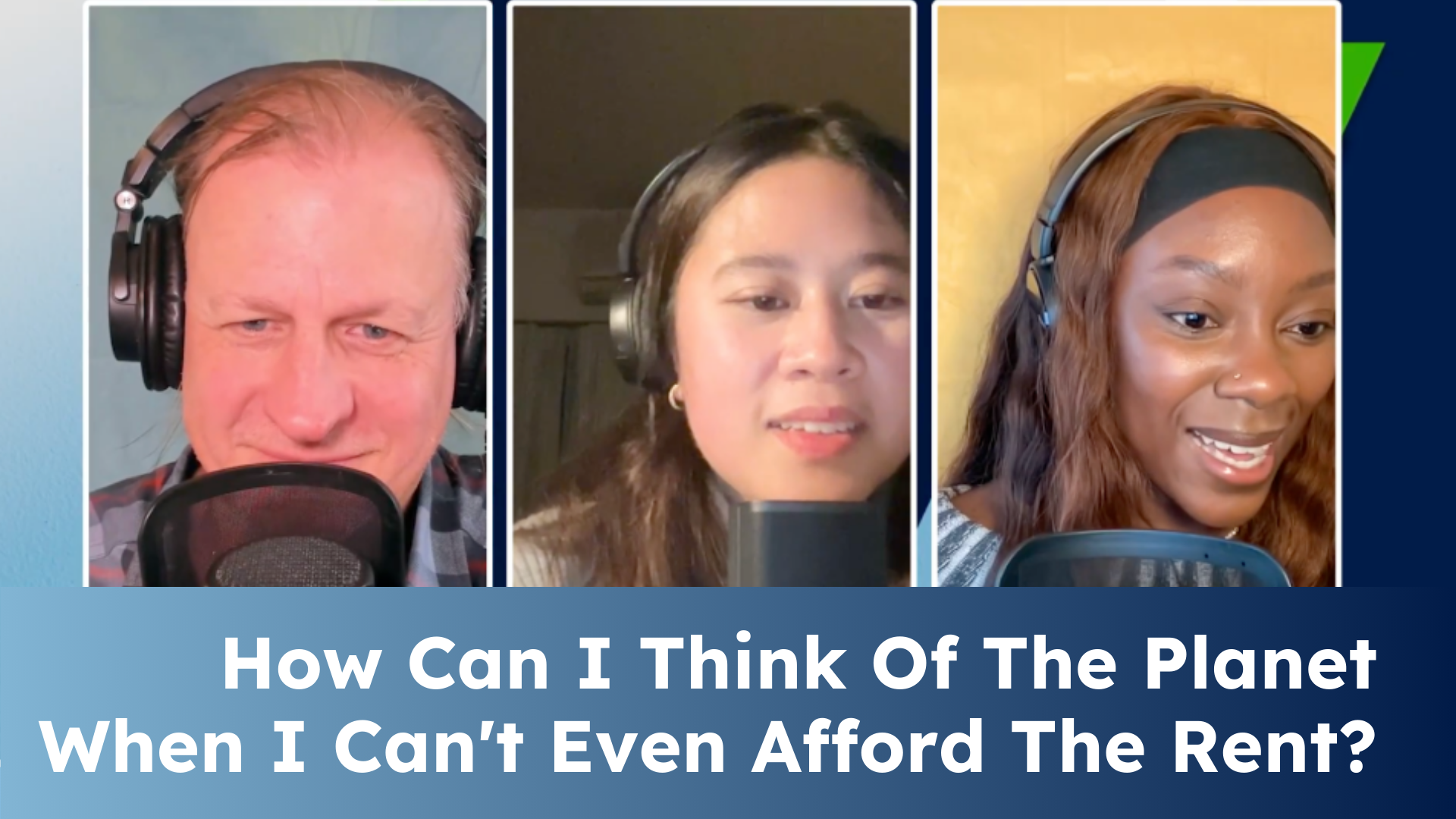Air pollution is a silent crisis, as lethal as it is pervasive. It affects millions of people around the world but does the most damage to the health and the environment of those living in the Global South. This year, to mark the UN Environment Program’s International Day of Clean Air for Blue Skies, Greenpeace East Asia’s Clean Air Unit is highlighting the severe health impacts of air pollution and the positive steps global communities are taking to quantify and combat the problem.
A public health emergency right before our eyes
Air pollution is a profound public health emergency. Even without accidents, fossil-fuelled air pollution inflicts daily harm as the everyday operation of fossil fuel power stations and transport consistently endangers human health and the environment.
In regions such as Southeast Asia, the Middle East, and Latin America, millions of people breathe hazardous air every minute of every day, leading to severe health issues and early deaths. For instance, nearly all (99.9%) people in Southeast Asia live in areas where air pollution exceeds World Health Organization (WHO) guidelines, with this pollution cutting average life expectancy by 1.5 years.
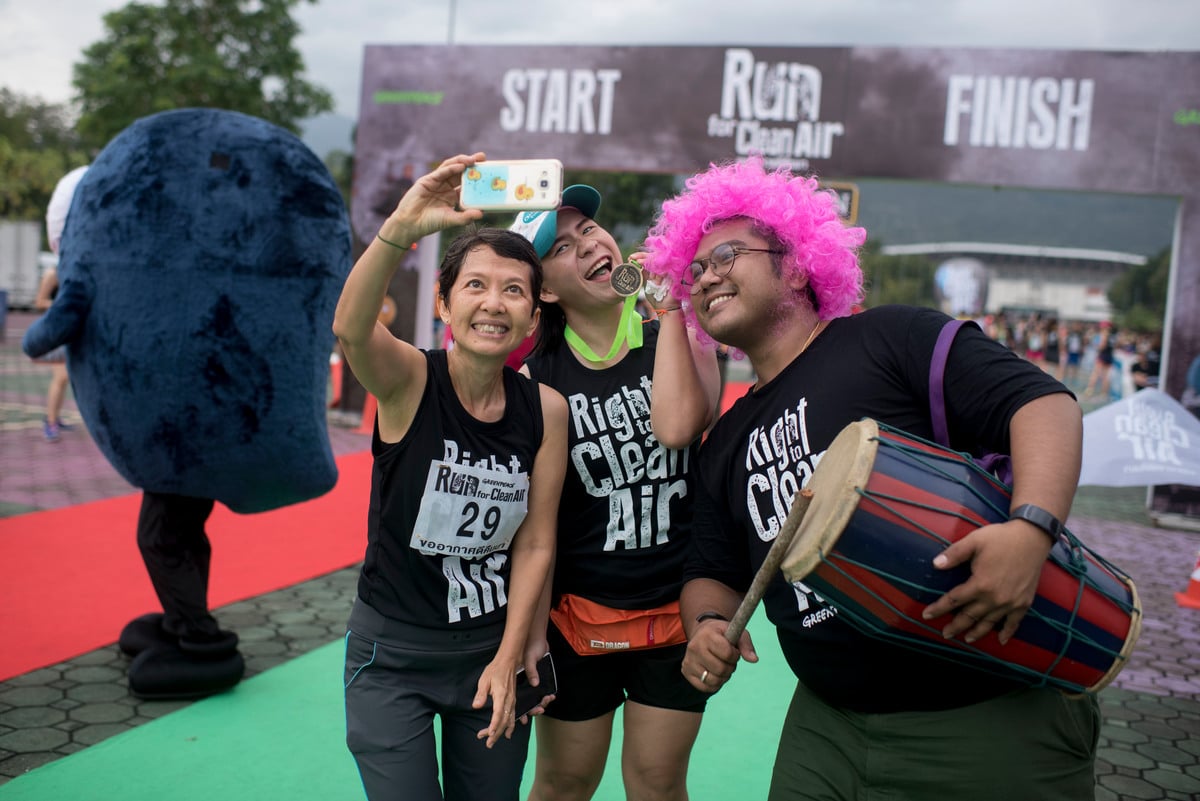
Moreover, many cities in these regions exceed WHO guidelines for particulate matter (PM2.5) and nitrogen dioxide (NO2) by a significant margin. 37 of the world’s 40 most polluted cities are located in Southeast Asia, while in the Eastern Mediterranean region, cities often exceed WHO guidelines by more than 2,000% or more. This widespread air pollution results in millions of premature deaths annually, according to the WHO, predominantly due to respiratory diseases and cardiovascular problems.
Get involved and breath easy
This Clean Air Day, we invite you to join our “Breathe Easy” campaign. We are calling on everyone to share images that capture their vision of clean air and blue skies. Show us what clean air means to you, whether it’s a child playing in a park, a serene landscape, or a bustling street without the haze of pollution. Use the hashtags #CleanAirDay and invest in #CleanAirNow to amplify our collective voice.
By participating, you are helping raise awareness about perhaps the most widespread health crisis of our time. If we all work together, we can put a lid on air pollution, ensuring a healthier and more just future for all.
True scale of the crisis is unknown
In many parts of the Global South, particularly in Africa, Southeast Asia, and Latin America, the true scale of the air pollution crisis remains largely unknown due to a significant lack of air quality monitoring infrastructure. For example, the 2023 IQAir World Air Quality Report highlighted that these regions are severely underrepresented in global air quality data, leaving large populations uninformed about the air they breathe.
This gap in monitoring means that the full extent of the health impacts from air pollution, including respiratory and cardiovascular diseases, as well as premature deaths, cannot be accurately assessed or addressed. Additionally, the Health Effects Institute’s State of Global Air 2024 report found that low- and middle-income countries, particularly in South Asia and Africa, face the highest disease burden from air pollution, exacerbating the urgency for improved monitoring and intervention
Despite the gaps, what we do know is alarming. Air pollution is responsible for around seven million deaths each year, according to the World Health Organisation (WHO).
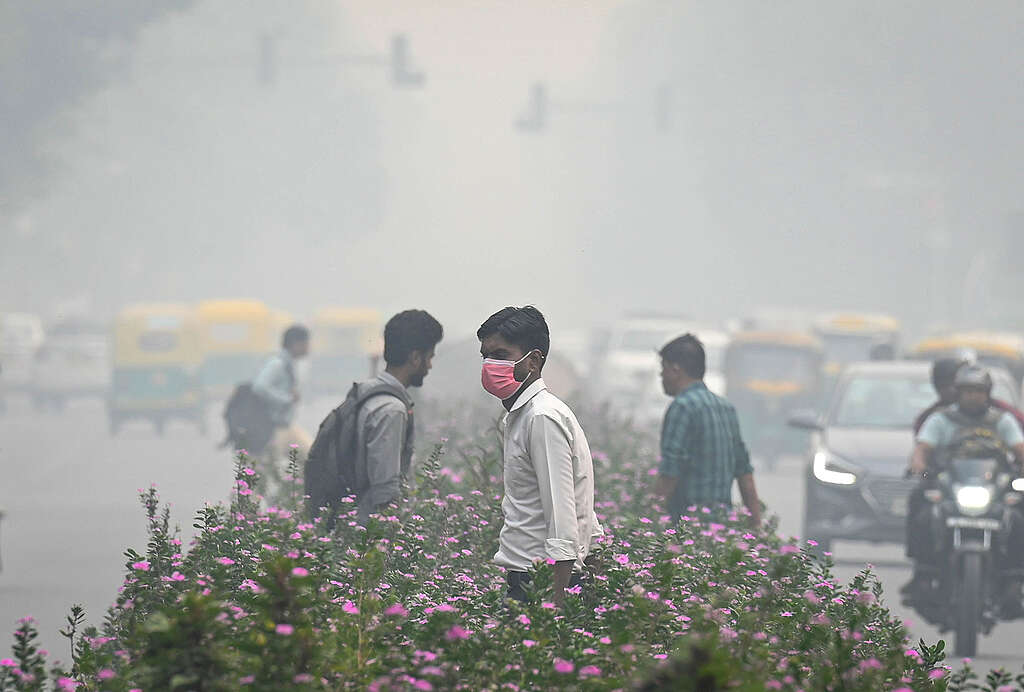
The health costs of fossil fuels
At the centre of this crisis is the burning of fossil fuels for energy and transport. Coal, oil, and gas are poisoning our air and causing climate change.
In India, coal power stations and transport emissions blanket cities in smog. Families suffer, children wheeze, and the elderly struggle to breathe. In South Africa, coal burning power stations spew clouds of pollutants, choking communities and darkening the skies. Across part of South America and Southeast Asia communities are suffering under the same toxic mix of fossil fuelled power and electricity.
Addressing air pollution is a matter of climate justice. The Global South bears the brunt of pollution caused by industrial activity, weak regulations, and lack of access to clean technologies. As mentioned above, the absence of monitoring in a great majority of these places means the true scale of the crisis in many parts of the Global South is unclear. But we do know the risks of air pollution are elevated for first nations and low-socioeconomic communities, which often live near polluting industries.
Governments, corporations, and individuals all have roles to play. Governments must enforce WHO Air Quality guidelines, invest in clean energy, and promote sustainable transport. Corporations should clean up their act by rapidly reducing emissions, and supporting laws to make our air cleaner. Individuals can contribute by advocating for cleaner air policies, using public transport, and supporting renewable energy initiatives.
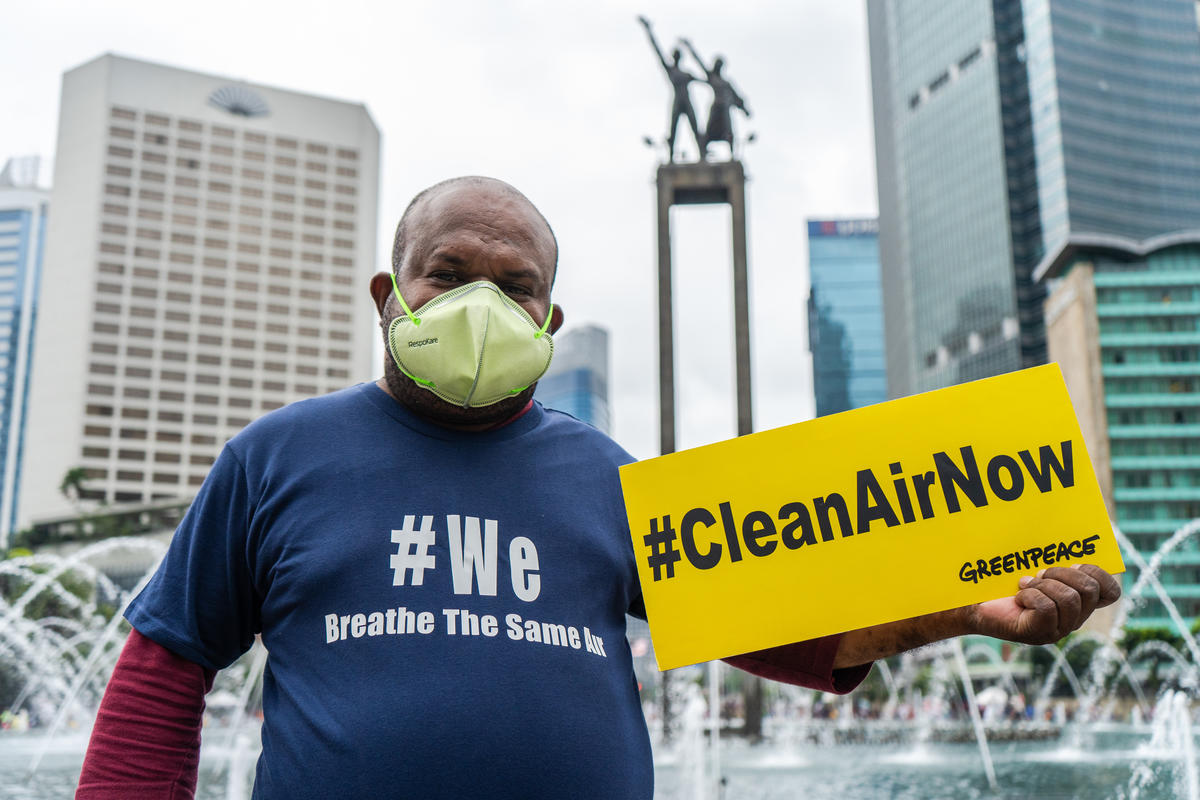
Communities heeding the call
Communities around the world are rising up to demand clean air and healthy environments. From grassroots movements to global campaigns, people are organising to hold governments and corporations to account and taking steps to clean their skies. In cities across the Global South, residents are stepping into the void and setting up their own air quality monitoring and switching to renewable energy sources like solar.
Investing in clean air now would mean blue skies, better health, and significant steps towards a safer climate. Imagine cities where children can play outside without the risk of asthma attacks, the elderly can breathe easy, and everyone has access to clean, renewable energy. This is a tangible reality within reach through collective action. Communities are mobilising, and awareness is growing. Together, we can clean up our skies, protect public health, and achieve climate justice for us and our future generations.
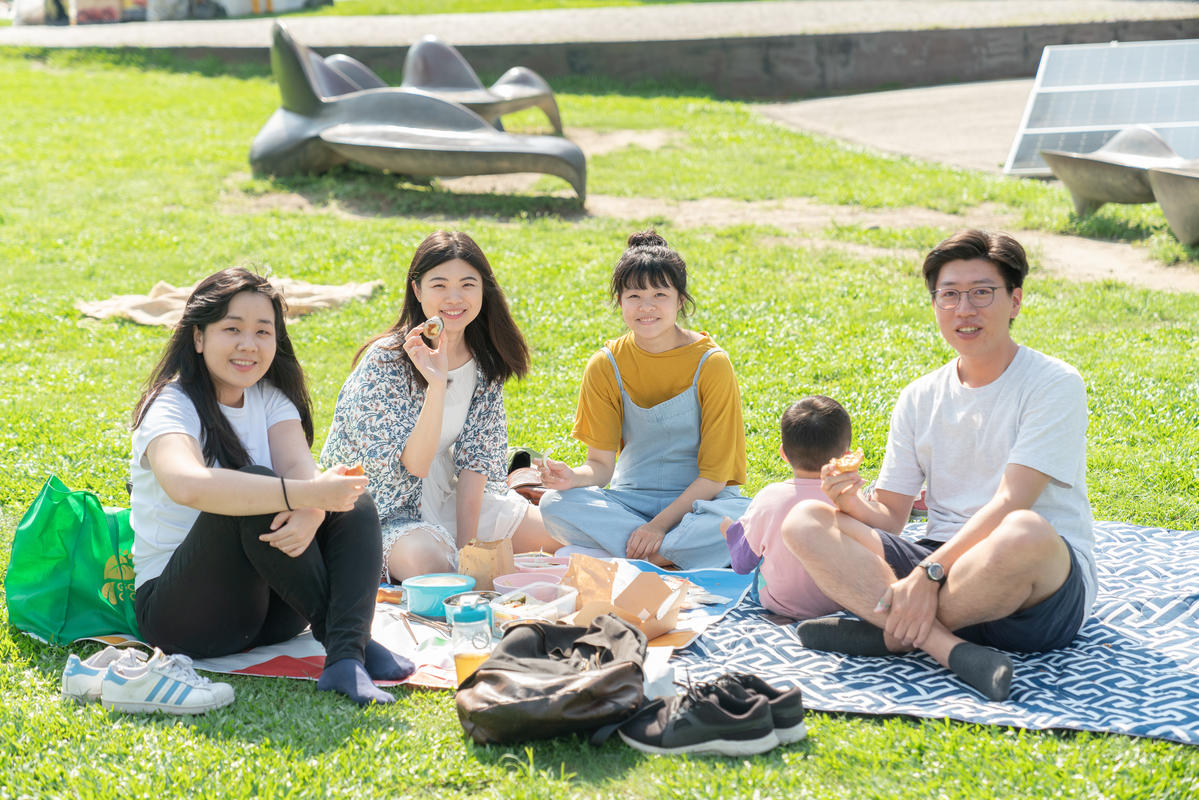
Martin Zavan is Communications Lead for Clean Air Unit Greenpeace East Asia.

